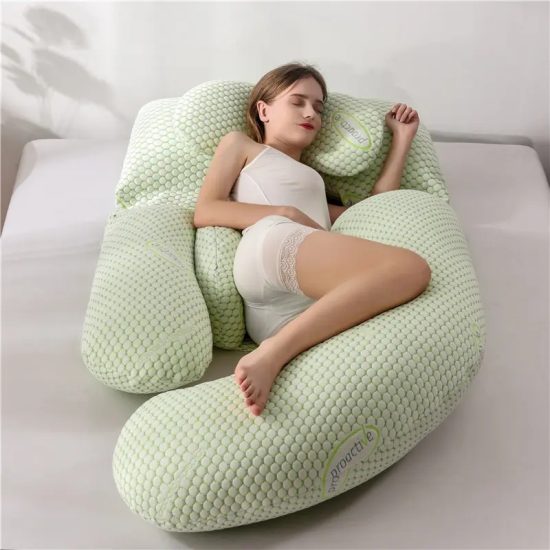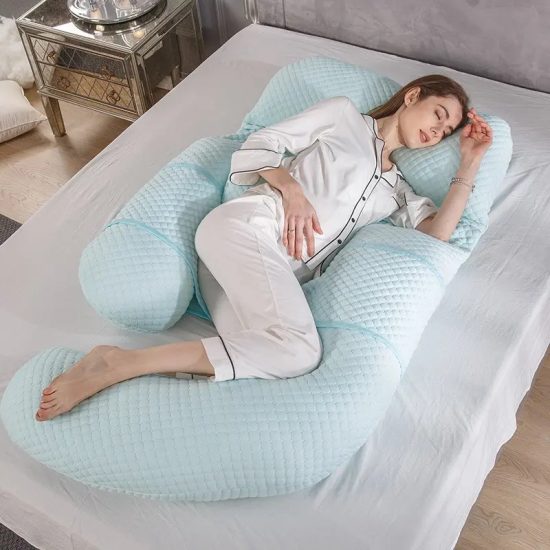Shop for Cushions That Are Hypoallergenic and Safe for All
When shopping for cushions that are hypoallergenic and safe for all, consider the following options:
- Natural Latex Cushions: Natural latex cushions are often hypoallergenic and safe for individuals with allergies or sensitivities. Latex is naturally resistant to dust mites, mold, and mildew, making it a suitable choice for those prone to allergies. Look for cushions made from 100% natural latex and free from synthetic additives.
- Organic Cotton Cushions: Cushions made from organic cotton are hypoallergenic and safe for individuals with sensitivities. Organic cotton is grown without the use of harmful chemicals, making it a natural and safe choice. Ensure that the cushions are made from certified organic cotton to guarantee their purity.
- Bamboo Fiber Cushions: Bamboo fiber cushions are hypoallergenic and safe for sensitive individuals. Bamboo has natural antimicrobial properties, making it resistant to allergens and irritants. Cushions made from bamboo fibers are breathable, soft, and gentle on the skin.
- Hypoallergenic Synthetic Fiber Cushions: Look for cushions made from hypoallergenic synthetic fibers, such as polyester or microfiber. These fibers are often processed to be resistant to allergens, including dust mites and pet dander. Hypoallergenic synthetic fiber cushions provide a comfortable and safe seating option for individuals with allergies.
- Down Alternative Cushions: Down alternative cushions are filled with synthetic fibers that mimic the feel of down feathers but are hypoallergenic. These cushions provide a plush and comfortable seating experience without triggering allergies or sensitivities. Look for cushions labeled as hypoallergenic or suitable for individuals with allergies.
- Natural Wool Cushions: Natural wool cushions can be hypoallergenic and safe for most individuals. Wool fibers naturally repel dust mites and other allergens. However, it’s important to note that some individuals may have specific wool allergies, so it’s best to check individual sensitivities before choosing wool cushions.
- Anti-Allergy Treatments: Some cushions are treated with anti-allergy treatments or coatings that inhibit the growth of allergens, such as dust mites or mold. These treatments can provide an added layer of protection and make the cushions more suitable for individuals with allergies or sensitivities.
- Certifications: Look for cushions that have specific certifications, such as Oeko-Tex Standard 100 or CertiPUR-US, which ensure that the cushions meet strict standards for harmful substances and allergenic materials. These certifications provide reassurance of the cushions’ safety and hypoallergenic properties.
Consider individual sensitivities and allergies when selecting hypoallergenic cushions. It’s also essential to regularly clean and maintain the cushions according to the manufacturer’s instructions to minimize allergen buildup.


